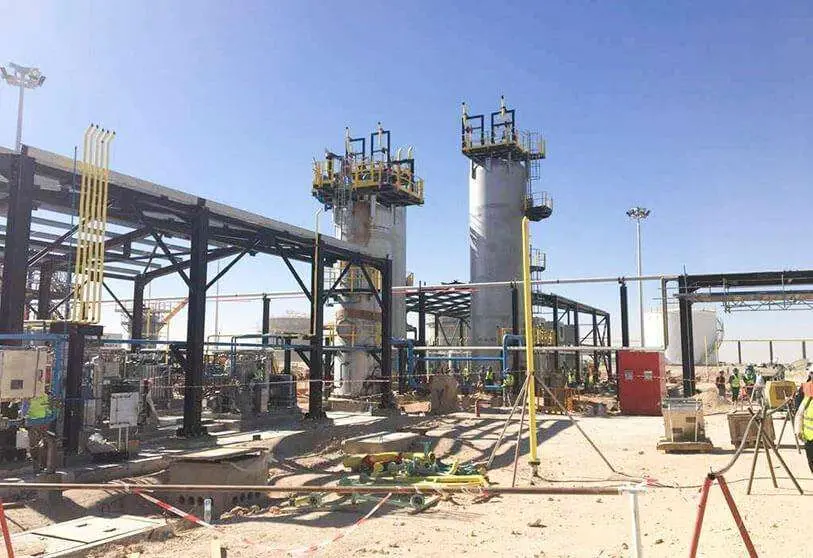Scholz delivers strategic advantage to Algeria

German Chancellor Olaf Scholz's decision to suspend (not ban) certification of the Nord Stream 2 pipeline after Russia formally recognised two separatist regions in eastern Ukraine will have no immediate effect on gas supplies to the EU, although it is likely to trigger an upward trend in prices which, according to some, could reach as much as 2,000 euros per metric tonne.
While importing liquefied gas, American or Qatari, is not a short-term solution, due both to a lack of capacity to increase supply and a lack of sufficient storage facilities of its own (most of those available are owned by Russia's Gazprom), and the infrastructure is not adapted to distribute liquefied gas, Algeria has a notable strategic advantage over Europe thanks to some of the world's largest gas reserves.
Algeria currently supplies just under 10% of the gas consumed in the EU through the Medgaz and Transmed pipelines to Spain and Italy, respectively, after Algeria closed a third pipeline through Morocco, which could be brought back into service to supply the expected increase in gas to the EU as a whole.
All this gives the Algerian regime a strategic advantage that Morocco certainly did not count on last autumn, and which has the potential to alter the game that both countries are playing in Western Sahara, giving Algiers a leading role in the Maghreb that alters Rabat's plans. Needless to add, Algeria is a preferential partner of Russia, not only in terms of military cooperation, but also through commercial alliances such as the one between Algeria's Sonatrach and Russia's Gazprom, a sort of gas OPEC, which exercises great control over natural gas prices.
It is not difficult to foresee that an increase in natural gas supplies to the EU will have political costs that will not be to Morocco's liking, not only because, on the one hand, it will consolidate Abdelmadjid Tebboune in power, at the expense of the opposition of the civil society grouped around the Hirak movement, but it will also place the EU in a position of extraordinary dependence, a strategy of Algeria, which in turn depends on Russia in other essential areas such as cereal supplies, and thus becomes an indirect actor in the Dombass crisis, a new regional scenario that has the potential to instil a new potential for the EU to become a major player in the Dombass crisis, new regional arena that has the potential to breathe life into the languishing Polisario Front.

